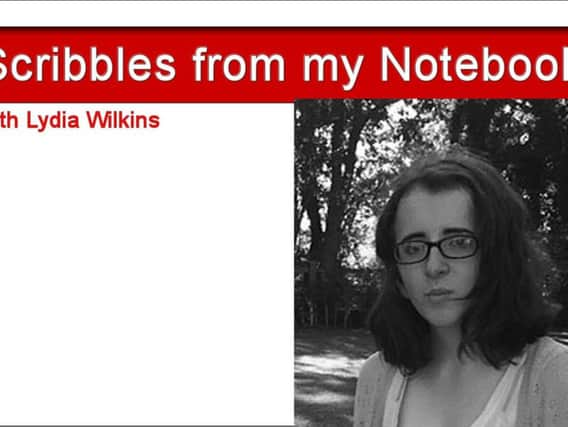War Horse: Everyone Should See It.


Having sat through approximately two hours and forty minutes of the play, I think that everyone should see it. (Warning: Spoilers ahead.)
Act One opens where a piece of scrap paper dominates the top of the stage; here there will be directions as to where we are in time, complete with drawings.
Advertisement
Hide AdAdvertisement
Hide AdThis part of the play lulls us into a false sense of security; Albert, at sixteen, is given the responsibility of teaching a new horse, Joey, how to plough. (Which should not be possible, due to the horses breed.) Yet, some how he manages it, much to the chagrin of Albert’s brother. The mood is cheery, even nostalgic of much simpler times.
A goose also regularly steals the show, with its comedic interruptions.
By the time war is declared in 1914, a faux sense of patriotism looms over the cast; they must ostensibly ‘do their bit’ for this ‘Great War’. As Joey is sold to the Calvary, a sense of impending doom is cast over the audience.
I found it hard to consider that Albert would have been nearly three years younger than me. (I’ll be nineteen next month.) Even though he has to ‘fess up to a superior or two about his real age, it is a tragedy that he is still brought to a battlefield.
Advertisement
Hide AdAdvertisement
Hide AdAfter intermission, Act Two opens with an omniscient and foreboding narrative in the forms of song. A man is singing the songs of the time, again giving the play direction as it takes a darker turn.
Eventually, Joey and Albert are reunited; its a scene that could move anyone to tears. But, not before, Joey is sold to the German Army, where he has to pull carts; several other horses die. He is also shown as to a small part of a reason as to why a German military man and an (albeit timid) little girl make friends.
I think that people should see this play not just for its cultural value; after seeing it, I was in a reflective mood. War is a tragedy, and it is more than haunting that someone younger than me was deemed ‘fit’ to fight for his county. The character of Albert was misguided in that he wished to find his horse, and did not consider the actuality of the job he would be undertaking.
I think that society should value its young people more; I hear daily about the stereotypes of millennials (because *apparently* they enjoy avocado on toast so much they can’t afford to buy a house.) People my age have also been criticised for utilising technology, coupled with Smartphone addiction. And that is what I concluded from seeing War Horse.
Advertisement
Hide AdAdvertisement
Hide AdCurrently I am listening to: Untold (podcast) for train journeys.
And I have read: Brain on fire by Susannah Cahalan.
War Horse is on at the Brighton Centre from 25th January-10th February. Book your tickets at http://brightoncentre.co.uk/whats-on/2018/war-horse/.